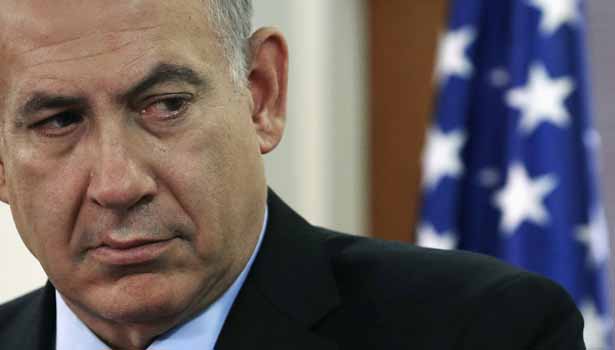Next week, Russian President Vladimir Putin will land in Israel for an historic visit, while Russian involvement in the region, which has been criticized many times by Israel, continues at full speed. In the framework of a deal being made at present, Moscow will donate to the Palestinians two helicopters and a large force of armored vehicles.
Russia offered the Palestinian Authority a gift: two MI-17 transport helicopters and 50 BRDM-2 APCs, which are no longer in service in the Russian army, as reported by Jane’s, the British magazine about military and security industry matters. According to the report, the helicopters will mainly serve the transportation needs of PA Chairman Abu Mazen and other senior Palestinian Authority officials between the Gaza Strip, the West Bank and Jordan.
It has also been learned that Russian Foreign Minister Sergei Levrov and other senior Russian officials informed opposition chairman MK Yosef Lapid and Foreign Affairs and Defense Committee Chairman Yuval Steinitz, who visited Moscow last week, about the deal.
The Palestinian Authority already had Russian-made helicopters in the past, but they were destroyed by the IDF a short time after the outbreak of the Intifada in December 2001. Security officials argued then that the helicopters would be used to smuggle weapons to the Gaza Strip. The APCs that were in the possession of the Palestinian police were also almost totally destroyed by the IDF. [.]
Yesterday Palestinian security officials said that they are waiting for the equipment to reach Gaza, and be handed over to the national security forces, i.e., the Palestinian army, under the command of Moussa Arafat.
Yesterday senior Israel sources said that, “Israel has still not give any permission to the Palestinians to equip themselves with helicopters and APCs.” The security officials said that, “The Palestinian Authority will not be able to bring in anything without our approval. It is true that the Russians are interested in selling them these things, but we have not yet given our approved.” Despite these statements, it is not impossible that Israel will in the end approve the deal, in order to bolster Abu Mazen’s internal status.
Putin’s visit to Israel will take place only a few months after the publication of the sale of shoulder-borne missiles to Syria. Israeli-Russian relations at the time threatened to deteriorate, but despite Israel’s pleas, Moscow decided not to withdraw from the deal. Yesterday in an interview to Channel One, Putin confirmed the details of the deal and said that it would be carried out despite Israeli opposition.
The US and Israel have also greatly criticized the nuclear cooperation between Russia and Iran. Despite this, the deputy secretary general of the Iranian National Security Council, Hussein Moussayan, announced on Tuesday that Putin might visit Tehran in the near future, as reported by Russian newspaper, Vremya Novosti. “Naturally, Tehran and Moscow are prepared for this visit,” the senior Iranian official was quoted as saying.
This piece ran in Maariv on April 21st, 2005







